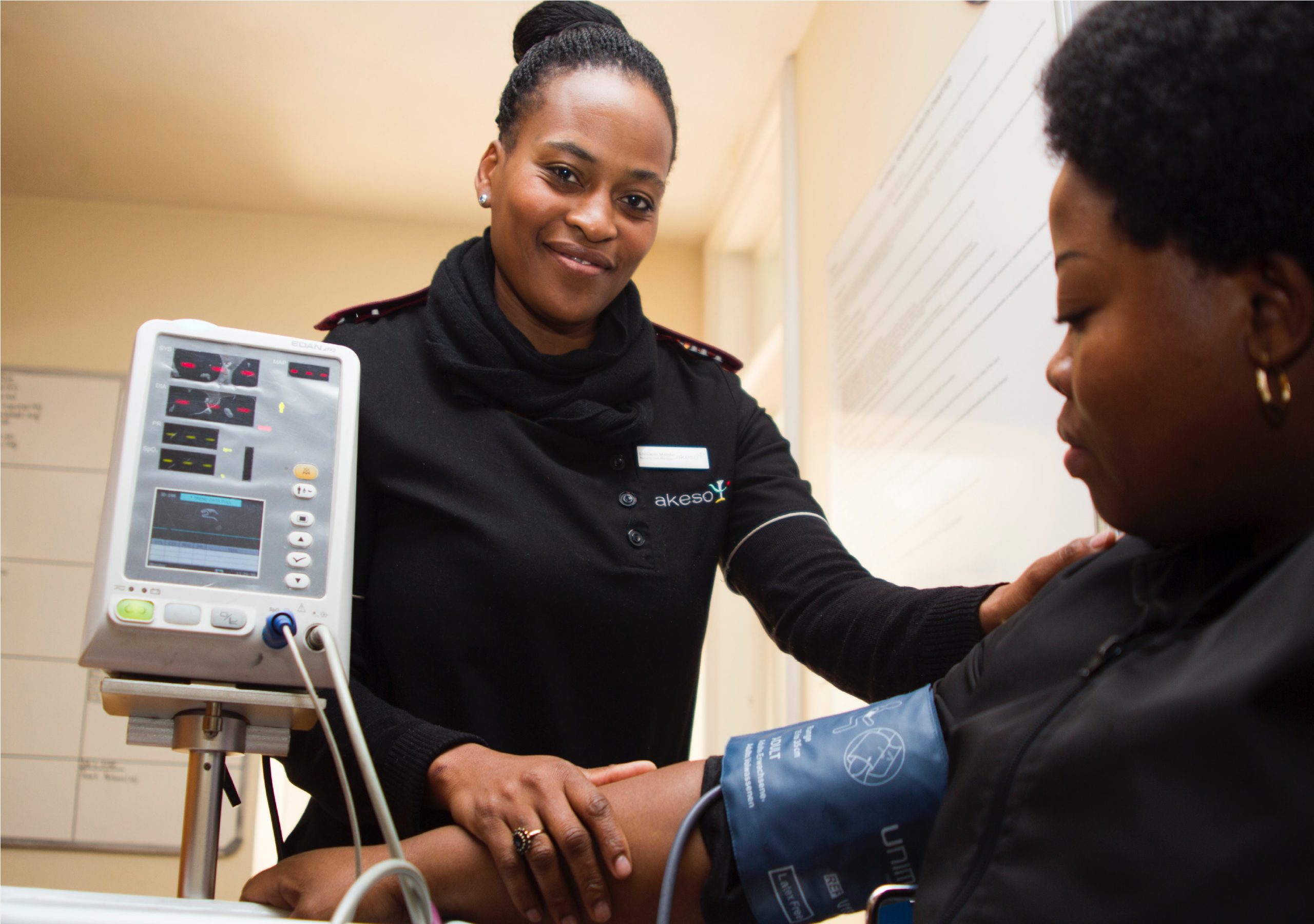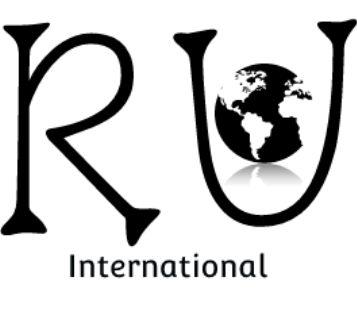Choosing your medical aid
Choosing your medical aid
Medical Aid for international students is a messy topic, from why do we need it to how do we use it, it often brings up questions you need answered and no one seems to know.
How do I find a ‘valid South African Medical Aid?
By typing that into Google, you’ll find that there are many medical aid schemes you can register with, and everything can be done online.
The best way to find out which ones are valid is to check your university website for medical aid providers under the internationalstudent’s section. Google searches will also answer most of your questions about which medical aid you can use. Even if the medical aid doesn’t have an office in your home country, you can still register and pay online, and you’ll receive your confirmation letter through email, which you can print and take with you to apply for your study visa.
Rhodes University will suggest Momentum Health & Compcare as the two most prominent medical aid suppliers on campus.

What medical aid should I go for?
This is an entirely personal choice. Like picking out what to eat, or what jeans you want, it comes down to what you like and what is going to be good for you. Whilst most medical aid policies will give you similar benefits, you should read through each and see what is better for you personally. if you prioritise specialist’s visits over glasses and dentists, and whatever medical aid provides that for you, you should go for. The prices themselves aren’t too much of a difference, but saving a couple extra hundred Rands might mean loads in the long run. Truly, it is about your priorities and what you want to get out of it.
How is it going to benefit me?
One of the biggest problems medical aid providers have with international students is that students are not even sure what they’re paying for so medical aid reps are always being asked what is included in the student’s medical aid policy and what is not. For international students, it’s more about just getting that confirmation letter so we can get our visas, and not for the benefits that come from getting medical aid. Provider’s reps really suggest just using those benefits that you’ve paid for. Like visiting the dentist once year, going to the optometrist and getting new glasses, seeing your gynecologist, and even getting your x-rays and medical check-ups done to renew your visa. These are all benefits that you get from your medical aid. Yes, we have to pay for it, we are frustrated because it’s another thing on the check list to get our visas, but out of all of the things on our check list, having medical aid is still going to benefit us after we get that visa.
Why do we need medical aid?
The short answer is that legally, as an international student, you have to have a valid South African medical aid for the entire duration of your intended visa. You need to present a medical aid certificate to apply for your study visa, and you need to present it to register at Rhodes. The more complicated answer also answers the question of why the law is there to begin with. South Africa’s Public Health Care system is known for having a lack of resources, and with a growing population of immigrants, the added strain placed on the that system would mean less resources for South Africa’s own people, and less for refugee immigrants, making the situation worse than its already it. Put it this way, the South African Public Health Care system can barely stay afloat while giving basic medical attention to its own population, so the government put in laws for students coming into the country to have medical aid, which is private and paid for by the student, to ensure that the little Public Health Services resources that they do have, go to South Africans.
Of course, the argument is that ensuring good health care for immigrants and their families (of which South Africa has about 4 million as of 2018), should be a right and the lack of consideration and even hostility toward immigrants’ health needs is xenophobic. In contrast, the media likes to focus on how the influx of immigrants has placed a strain on the country’s ability to deliver health care to its nationals.
This creates further tension and international students really begin asking themselves well honestly “why can’t I be studying in this country and have access to free health care?”The government assumes that you’ll be financially stable enough to pay for medical aid, since you’re going to study in a foreign country, which in itself is controversial and complicated, since many international students come to South Africa in search of better education and a better standard of living.
As international students you’re not barred from using Public Health services at all, the laws are just set in place to decrease the numbers of international students going to public hospitals and clinics because they have been made to get a South African medical aid. Ultimately, if you want to study in South Africa, you’ll have to follow its legal system anyway, and that means biting the bullet, and getting yourself a valid South African medical aid for the whole period of your studies.


What are some of the problems I might face?
As students we tend to neglect our health and forget to do periodic check-ups. You might be sick often, and just not have the time or the energy to visit the doctor between class, extra murals and friends. Not to scare you, but you’ll be living in res with over 50 other people and eating at the dining hall with 100 other people. Not to mention that your immune system shuts down after exams and when you need it the most you’ll be really happy you’ve got your medical aid, especially when you’re low on cash for medication. Although medical aid can be a headache to many international students, from finding out which one to use to figuring out which doctors you can and cannot go to in the limited medical scene that Grahamstown is, it is ultimately a benefit, and you should use it to its fullest.
One of the biggest problems you will find in Grahamstown specifically with medical aid is the limitation of practitioners you can go to.
It’s the price of living in a small town, but remember that you still have public services and while you’re not encouraged to go to the San, or Settler’s for reasons stated above, you’re in no means forbidden to do so. But just like other public services in South Africa, and, many other parts of the world, you won’t be able to book an appointment, or receive immediate treatment unless it’s an emergency.
Because different medical aid policies have contracts with different practitioners, you have to go to the GP/optometrist/dentist/specialist etc. that is on your medical aid’s “list of preferred practitioners.” Although most policies have ‘out of service’ pay outs, where you can go to a practitioner that isn’t on that list, your policy won’t cover all the costs.
Medical aid companies get drilled for this because there are already a very limited number of practitioners in small towns, and then get limited even more so depending on what contracts they have with what medical aid. You’ll find that this isn’t a big issue for international students living in bigger cities like Port Elizabeth because there a vast number of practitioners so medical aid companies will always say, “make sure you know what doctor you’re supposed to be going to”.
However, in Grahamstown, what you’ll find is that you have to go to Doctor X, because you have the flu, and he’s the only doctor your medical aid will pay for, but he’s fully booked on Monday and Tuesday, so you’ll only be able to see him on Wednesday. This causes further problems when students don’t look up their list of preferred medical practitioners and or go to different doctors anyway, and then try to claim from their medical aid, and so a battle that students will almost always lose ensues.
Watch: International student talks about her experience with her medical aid
